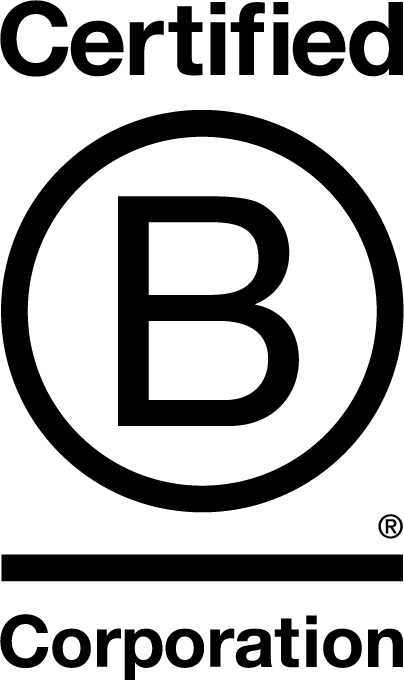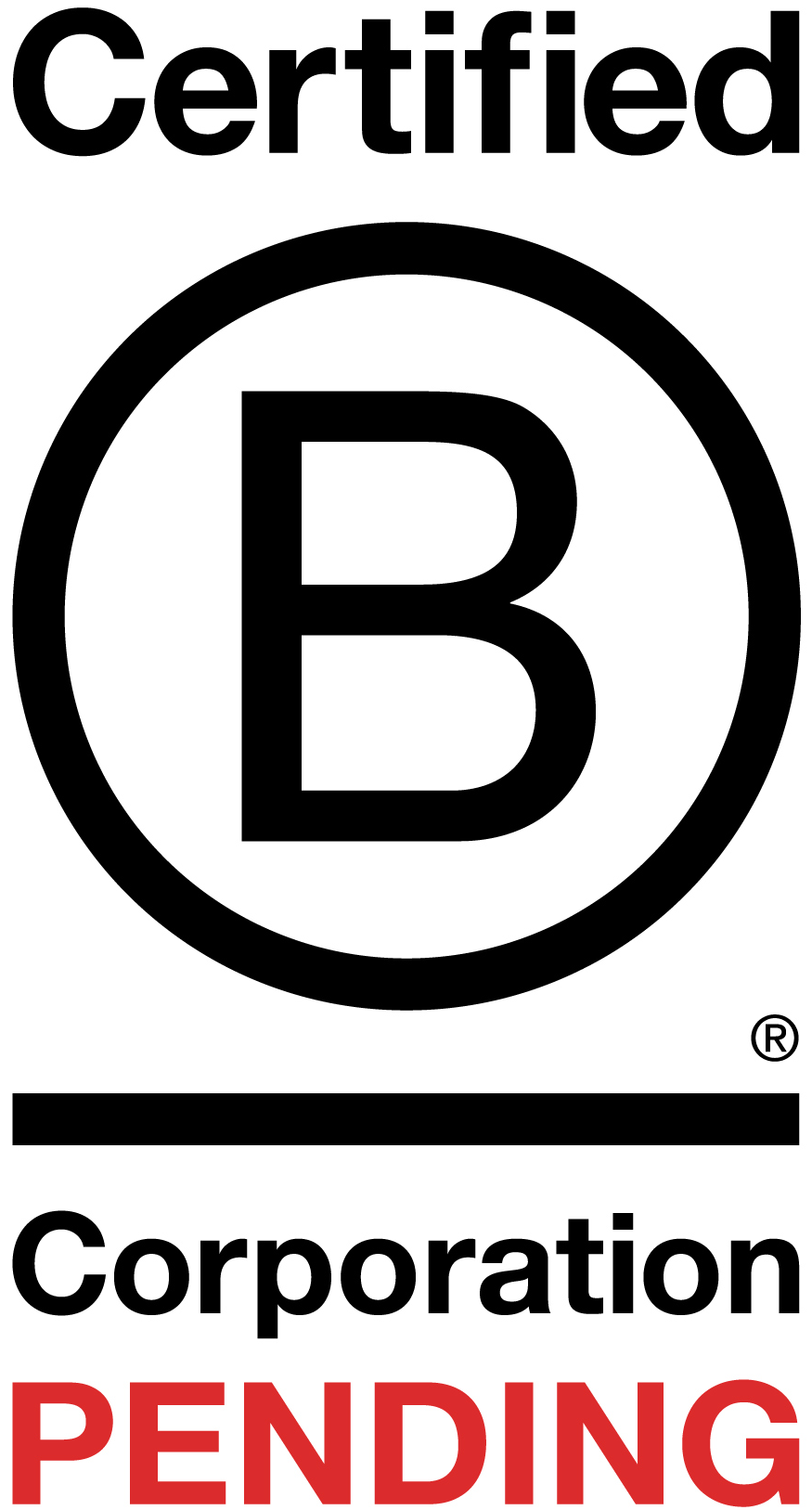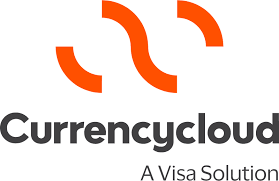The truth about your exchange rate
Interbank rate, tourist rate, wholesale rate. We look at the truth behind the different names given to the exchange rate you receive.

The Interbank Rate:
The truth is the Interbank rate is the only measurable, standardised and 'official' rate when it comes to foreign exchange, any other terms are just made up and open to interpretation.
The Interbank rate is the rate the banks are trading at between each other at any given point in time, for any given currency pair. It adjusts every few seconds in line with the relative supply and demand for each currency in the quoted pair, with around $5 trillion being traded every day on exchanges all over the world. Not all banks are involved in setting the Interbank rate, it is the larger banks, or 'market makers' who set the baseline price (the interbank rate) that every other price is derived from, but it is only these market makers that have access to the interbank rate. All other participants in the foreign exchange market, from smaller banks, to currency brokers down to individuals are 'market takers', all looking to buy at the best price they can relative to the interbank rate, the method they are using and their own individual buying power.
Like most things in life the price you can achieve then comes down to the volume you are buying, the more you are buying the more buying power you have which brings with it the ability to achieve a better price. One way to look at it is to consider a can of Heinz baked beans. Heinz make the beans so set the price globally. Supermarkets around the world buy millions of cans of beans at any one time, therefore achieving a good price, pretty close to the price Heinz make them for. Individuals then buy them from the supermarkets, as they are buying a tiny fraction of the amount the supermarkets buy they don't get to buy them at the same price, which is of course how the supermarket makes money. Businesses, who normally have larger ongoing requirements to buy currency generally get a better price than individuals due their increased requirements. With the baked bean analogy they still don't get the same price as the supermarkets, but they are buying more than individual consumers so are generally getting a better deal.
The one scenario that is anomalous to this analogy is individuals and businesses who are buying currency direct from their bank. This is the equivalent of going direct to Heinz to buy their baked beans, so you would therefore expect them to get a better price. In reality buying direct from a bank actually results in a far worse price, but why is this? Banks rely on inertia, apathy and the false sense of security using them provides. It is estimated that somewhere between 60-85% of individuals and businesses would only ever use their bank for an international payment. When you have such a significant chunk of the market who would only ever use you regardless of what you charge then offering better rates would only be counter productive for them. If banks improved their rates (and service) they may retain a few extra clients, but they would lose money on at least 60% of their client base that would've used them anyway. The reality is foreign exchange is just one of many services banks offer, there is simply no motivation for them to improve their rates or service when it provides such a lucrative return already.
Traditional currency brokers emerged to solve this problem, they get to buy from their liquidity providers (market makers) at very good rates due to buying in very large volumes, the difference being that they generally pass on this saving to the individual or business compared to them using the bank directly. This is all with much better service and guidance about how and when to purchase currency compared to a bank.
The wholesale rate:
The wholesale rate is often used interchangeably, sometimes as another word for the Interbank rate, but sometimes as a description for a rate given to a business or an individual by a currency broker. Using the baked bean analogy technically the wholesale rate is what the banks (the market makers) are selling currency to the brokers at, it is almost the interbank rate but not quite, as the banks are still taking a slight margin. Ultimately when a broker says they are providing wholesale rates this has little meaning, it is just a way to market their prices as being competitive, when in reality their rates could be good bad or indifferent. The best description of the wholesale rate is really just the rate the broker bought at themselves, but for the business or individual there is no official 'wholesale rate' which is a certain percentage from the Interbank rate, it is ultimately a made up description for the price they are getting.
The tourist rate:
The tourist rate is often associated with individuals and when buying currency to use on holiday. like the wholesale rate there is no official 'tourist rate' it is just a generic term and the actual rate achieved under this description can vary dramatically. An individual could purchase some travel money from John Lewis at the 'tourist rate' 2 cents below the Interbank rate. Another individual could wait until they are at the airport to buy their travel money from Moneycorp or Travelex at the 'tourist rate' but get a rate 20+ cents below the Interbank rate. It would not be inconceivable for a broker to tell a client they are achieving the 'wholesale rate' on their trade, when in reality they might actually achieve a better 'tourist rate' elsewhere. This is because ultimately they are just made up terms, with no official link to the interbank rate.
The real exchange rate:
With the emergence of the fintech providers and challenger banks came the term the real exchange rate. Rather than subtract a margin from the Interbank rate then quote this as the client rate, they instead suggest the client is getting 'the real exchange rate'. Much like the terms wholesale and tourist rate, this is just another way to try and market the rate they are giving their client as competitive, when the reality may be very different. Most challenger banks quote their clients the 'real exchange rate' but then deduct a percentage fee, dependent on volume and currency pair this can vary from anything from 0.3% to 2% or more. The end result is that when you compare the amount of currency sold by the client and the amount of currency they end up with, they have not achieved the real exchange rate. Ultimately it is just a way of trying to present something as better than it actually is, much like telling somebody they are getting a wholesale rate.
Many challenger banks are, or have been loss making for significant periods. Quoting their clients the real exchange rate, while charging modest fees has enabled them to build up huge client numbers, however with the significant amount of external investment they have received they are now under pressure to monetise their client base and provide a return for their investors. This has meant that over the past couple of years, while still quoting the real exchange rate their percentage charges have been steadily increasing. Whilst still providing a credible alternative to banks and traditional brokers, with their prices worsening the once acceptable trade off against service has become an issue for many. One advantage for a client of being quoted 'the real exchange rate' plus a percentage fee, is transparency. Although these fees may be on the rise, at least a client will know where they are. The often opaque nature of banks and traditional brokers pricing can lead to clients having to constantly shop around and benchmark to verify they are actually getting a good deal. Something that should be saving a client time and money can actually end up costing them both.
Cornerstone FX:
At Cornerstone FX we do not offer vague and generic exchange rates. We simply agree the rate of exchange up front and guarantee that it will never change. Cornerstone FX clients do not need to second guess the rate they are getting or watch it get steadily worse over time, saving significant amounts of time in the long run. We offer the same payment technology as the fintech providers and challenger banks, but with the service of a traditional broker and all that encompasses.

/ +44 (0) 208 004 2234
info@cornerstonefx.co.uk
UK Headquarters: 85 Great Portland Street, London, W1W 7LT
Email: info@cornerstonefx.co.uk
Cornerstone FX Ltd is a Limited company registered in England and Wales. Registered number: 12736110. Registered office: 85 Great Portland Street, London, W1W 7LT. Payment services for Cornerstone FX Ltd are provided by The Currency Cloud Limited. Registered in England No. 06323311. Registered Office: The Steward Building 1st Floor, 12 Steward Street London E1 6FQ. The Currency Cloud Limited are fully authorised and regulated in the UK, EU, US, and Canada – Currencycloud are authorised and regulated by the FCA, registration number 900199, and FinCEN in 44 states. The Currency Cloud Limited is authorised by the Financial Conduct Authority under the Electronic Money Regulations 2011 for the issuing of electronic money (FRN: 900199). In the US Currency Cloud operates in partnership with CFSB. CFSB fully owns the bank program and services are provided by The Currency Cloud Inc. For clients based in the European Economic Area, payment services for Cornerstone FX are provided by CurrencyCloud B.V.. Registered in the Netherlands No. 72186178. Registered Office: Nieuwezijds Voorburgwal 296 - 298, Mindspace Nieuwezijds Office 001 Amsterdam. CurrencyCloud B.V. is authorised by the DNB under the Wet op het financieel toezicht to carry out the business of an electronic-money institution (Relation Number: R142701). For clients based in the United States, payment services for Cornerstone FX are provided by The Currency Cloud Inc. which operates in partnership with Community Federal Savings Bank (CFSB) to facilitate payments in all 50 states in the US. CFSB is registered with the Federal Deposit Insurance Corporation (FDIC Certificate #57129). The Currency Cloud Inc is registered with FinCEN and authorised in 39 states to transmit money (MSB Registration Number: 31000206794359). Registered Office: 104 5th Avenue, 20th Floor, New York , NY 10011.
For clients based in the United Kingdom and rest of the world, payment services for Cornerstone FX are provided by The Currency Cloud Limited. Registered in England and Wales No. 06323311. Registered Office: Stewardship Building 1st Floor, 12 Steward Street London E1 6FQ. The Currency Cloud Limited is authorised by the Financial Conduct Authority under the Electronic Money Regulations 2011 for the issuing of electronic money (FRN: 900199). Some Payment Services for Cornerstone FX Ltd may also be provided by Equals Connect Limited, registered in England and Wales (registered no. 07131446). Registered Office: Vintners’ Place, 68 Upper Thames St, London, EC4V 3BJ. Equals Connect Limited are authorised by the Financial Conduct Authority to provide payment services (FRN: 671508) Some payment services for Cornerstone FX Ltd may also be provided by Sciopay Ltd. Sciopay Ltd is a company incorporated in England & Wales. Registration No: 12352935. Sciopay Ltd is licensed and regulated by HMRC as a Money Service Business (MSB). License No: XCML00000151326. Sciopay Ltd is authorised by the Financial Conduct Authority as an Authorised Payment Institution. Firm Reference Number: 927951












